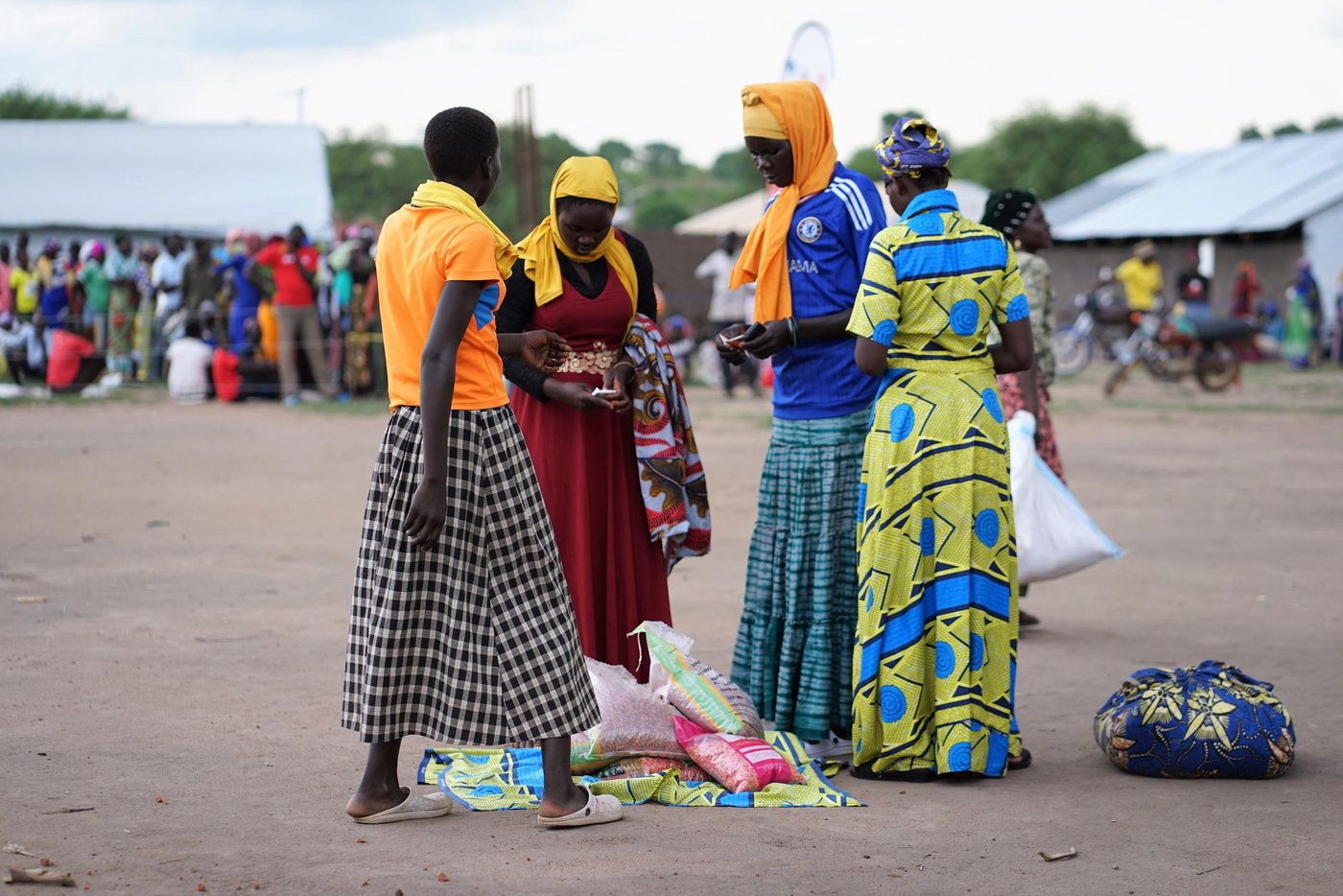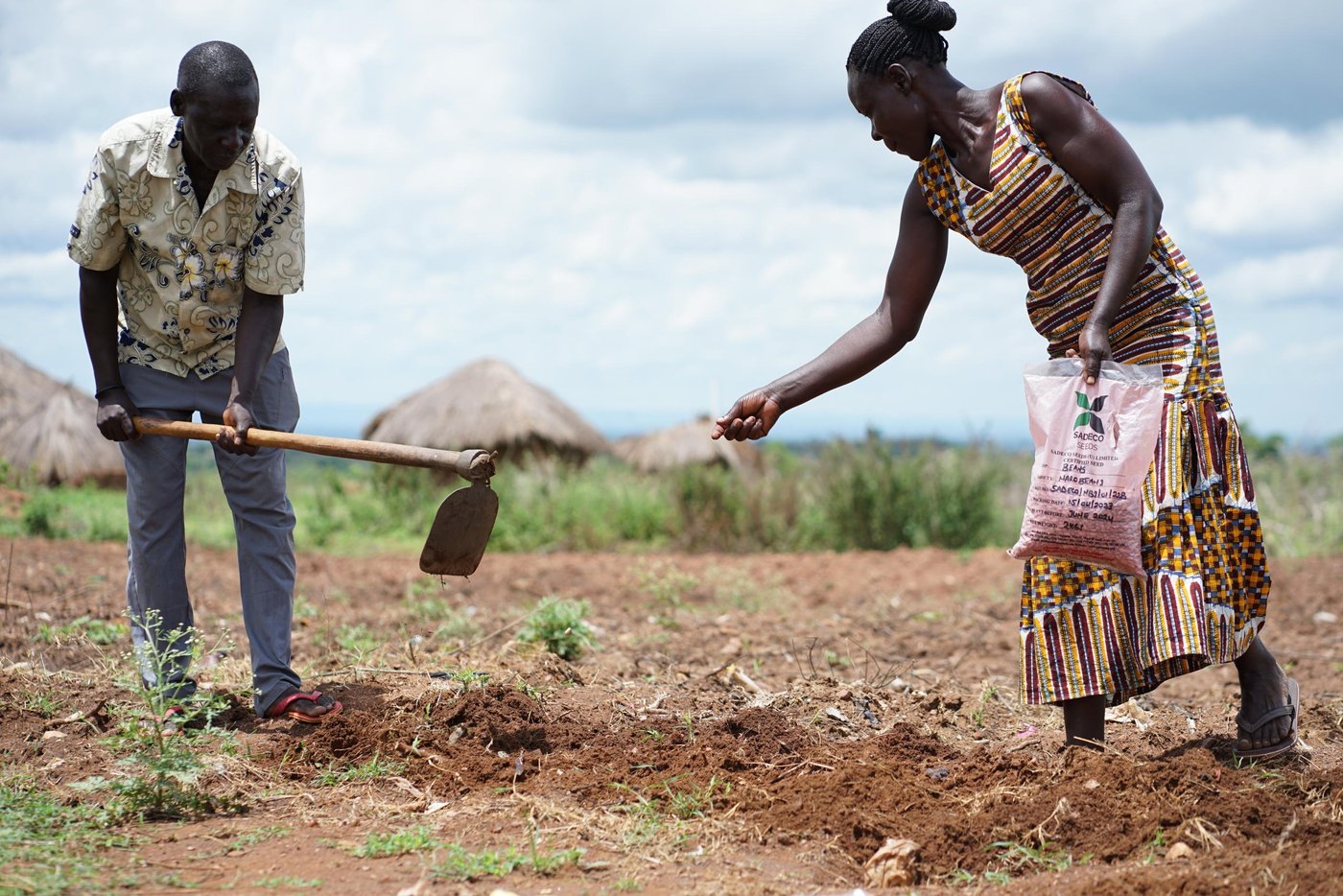Among them is Rose Sunday, a mother of five who had fled the conflict in South Sudan seven years earlier. She has struggled to provide for her family in the settlement, relying on aid from humanitarian organisations. But with the seeds she has been receiving through the NRC seed fair, she has been able to plant her own crops and now provides for her family in a sustainable way.
"I feel very happy to be able to plant my own crops and not rely on aid," says Rose. "I am now able to feed my family and even sell some of the produce to earn a small income."
The NRC seed fair, with support from the European Union Emergency Trust Fund for Africa, is held annually and provides refugees with access to quality seeds and gardening tools as well as training on how to plant and care for their crops.
For many refugees like Rose, the seed fair has been a lifeline. "Before, we were just sitting and waiting for aid," she says. "Now we have something to look forward to, something to work for."

The impact of the seed fair is not just felt by individual refugees, but also by the wider community in Yumbe District. The crops grown by refugees not only provide food for their families, but also for their neighbours and the local market.
"The seed fair is not just about providing seeds, it's about empowering refugees and helping them build a future for themselves and their families," said Patrick Olango, the NRC Livelihoods and Food Security Officer who helps organise the seed fair.
As the sun sets over Bidi Bidi, Rose and her family sit down to a meal of fresh vegetables grown from the seeds she had previously received at the seed fair. This is a small but significant step towards a brighter future for her and her community.


